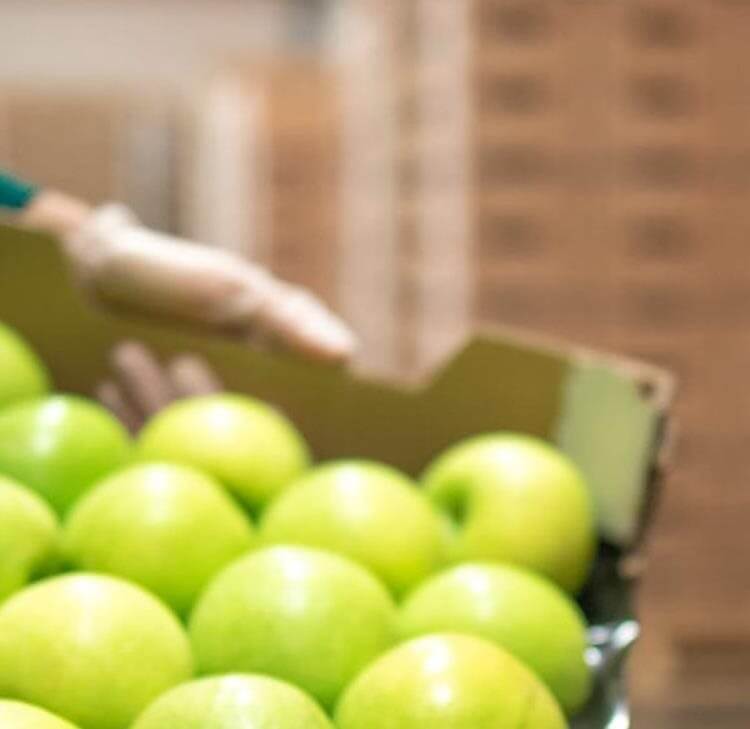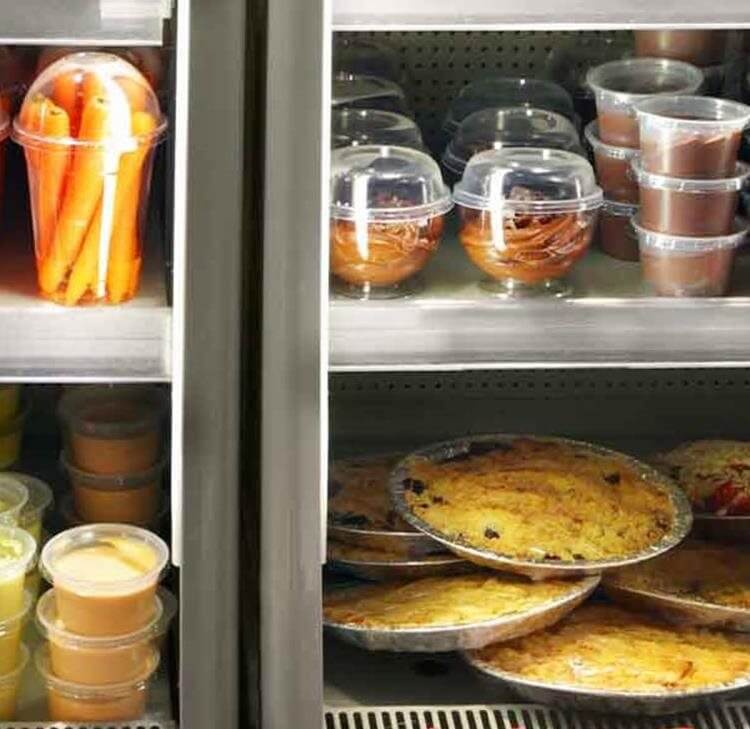Christmas is a time of the year where we celebrate with colleagues and the consumption of alcohol is usually involved, and in recent years have become an integral part of social events. Yet, as workplace culture evolves, placing a stronger emphasis on diversity and inclusivity, it's worth pondering: Does the presence of alcohol at these celebrations truly welcome everyone?
With the holiday season upon us, it's an opportune moment to reflect on the inclusivity of our social gatherings. Employees choosing not to drink at Christmas parties or social gatherings can be seen as an inclusive approach for several reasons. Firstly, it acknowledges and respects the diverse reasons why some individuals may abstain from alcohol including health concerns, religious beliefs, or personal recovery journey. When employers decide against serving alcohol at Christmas parties or social events, they send a powerful message of inclusivity crafting an atmosphere where everyone, regardless of their reasons for avoiding alcohol, can feel comfortable and included, demonstrating thoughtfulness and inclusivity towards colleagues.
However, employers should be aware that while seemingly benign, the decision to include or exclude alcohol can have significant legal and cultural implications, particularly concerning indirect discrimination. This form of discrimination, as outlined in s19 of the Equality Act 2010, occurs when a policy, seemingly neutral, disproportionately disadvantages a specific group. For instance, emphasising alcohol consumption at company events can alienate those whose religion prohibit alcohol, inadvertently leading to indirect discrimination. By hosting alcohol-free events, employers take a proactive step towards fostering an inclusive environment, ensuring no one feels side-lined due to their lifestyle choices or beliefs.
Employers are encouraged to take reasonable steps to avoid policies or practices that could result in indirect discrimination. This includes considering the impact of workplace events and the role of alcohol within Christmas parties and social events while seemingly designed for everyone’s enjoyment there can be a huge focus on the consumption of alcohol but could place employees who abstain from alcohol for religious reasons at a disadvantage.
A December 2024 survey revealed that a quarter of employees did not attend Christmas parties this year, with the consensus amongst many being they felt pressured to consume alcohol at Christmas parties. With 42% in agreement that Christmas parties are too reliant on alcohol and getting intoxicated. Employers choosing to host parties or social events can be seen as a means of inclusivity and a thoughtful and considerate approach. This decision can significantly contribute to creating an environment where all employees feel comfortable, respected, and valued, regardless of their reasons for not consuming alcohol.
Is there enough inclusivity at Christmas parties and social gatherings?
Interestingly a study by UK Drinkaware in 2024 found that people are drinking less with moderation on the rise, with 90% of UK drinkers trying to moderate their drinking in some way, which is a rise from the 87% recorded in 2023. Employers can embrace this trend by offering employees alcohol-free team-building activities throughout both December, running into ‘Dry January’.
The advocacy for alternative, inclusive events is growing. By focusing on meaningful causes or engaging activities, employers can cultivate unity and inclusivity, steering clear of potentially excluding employees based on their religious views or personal reasons for abstaining from alcohol. Such events not only contribute to a more inclusive workplace culture but also positively impact team dynamics and overall morale.
To achieve this, employers are encouraged to:
- Assess and Consult: Evaluate existing event policies and engage with employees to gather their input. This approach helps identify any potential issues and promotes a culture of openness and respect.
- Plan with Diversity in Mind: Ensure event planning prioritises diversity and inclusivity, offering a variety of activities and non-alcoholic refreshments to accommodate all employees, ensuring full and comfortable participation.
- Communicate Clearly: Effectively communicate the reasons for choosing alcohol-free events, emphasising inclusivity, safety, and team building, to set positive expectations.
- Review and Adapt: Recognise that inclusivity requires continuous effort. Regularly update policies and practices based on employee feedback and changes in legal standards to maintain an inclusive environment.
Employers should consider how they can make festive celebrations and social events more inclusive and enjoyable for everyone. Whether through alcohol-free events or incorporating a variety of activities, the goal is to ensure all team members feel valued and included. This holiday season let's challenge ourselves to think creatively about how we celebrate. Share your ideas for inclusive, alcohol-free festivities with your team, with a view to continuing this into the New Year.
Contents
- Dry January 2025: Legal considerations for manufacturers, hospitality and retailers
- Sobering thoughts: A look at the alcohol-alternative ad rules
- Rising demand for low and no alcohol alternatives: UK’s growing market and the challenges ahead
- Dry January and its regulatory implications: A sobering perspective
- Alcohol charity on the “Naughty List” for attempts to trade mark “DRY JANUARY”
- Dry January: Effects on the real estate and hospitality industry
- Considering the growing trends of mindful drinking

Camile Strachan
Trainee Solicitor
camile.strachan@brownejacobson.com
+44 (0)330 045 1088










































